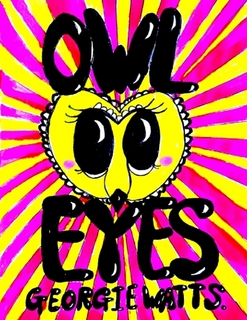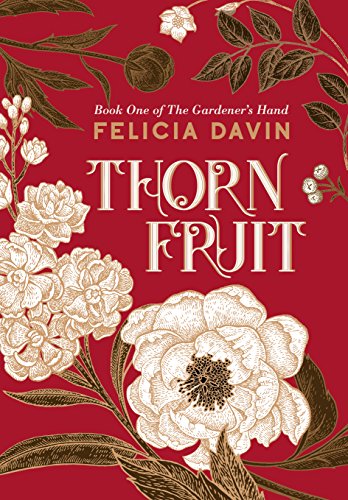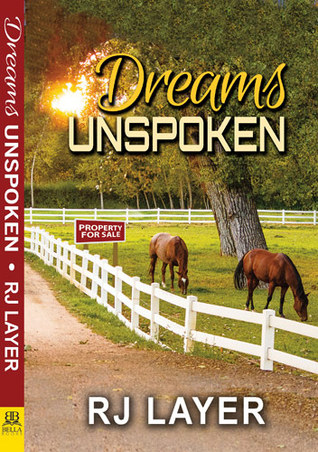Typically and perhaps ideally, when the exchange of ideas and the sharing of experience take place between a writer and her reader, the inherent value of both roles within the creative process is affirmed. The story would not exist without the writer, and it would have no reason to exist if not for the reader. It’s a profound and powerful act, which deeply touches everyone involved.
Then there is work created solely for cathartic purposes. Perhaps the writer needs to vent, to reframe her experience or re-write history. She is concerned only with what the story means within the context of her experience, rendering the reader unnecessary and wholly irrelevant. This is where literary art ends and narrative therapy begins.
Indeed, Owl Eyes by Georgie Watts is a classic example of a work that sacrifices the reader’s experience for the therapeutic benefits of stringing words together on the page. It is the story of Sarah, a young woman who finds escape from her stressful job, demanding parents and disordered eating within the act of graffiti writing. Assuming an identity as Owlie for her depictions of… well, owls, Sarah finds a sense of freedom and empowerment within the defiance that fuels the street art scene.
Although I initially found the premise of the novel fresh and exciting, it didn’t take long for me to realize that Owl Eyes has little to do with conveying emotion or telling a compelling story. Given that no apparent effort was put into making the characters three-dimensional or developing a sense of depth or nuance through action or dialogue, it was hard to care about Sarah, her parents, her co-worker or the other graffiti artists she meets (not to mention the wealthy owner of a women’s magazine who somehow winds up facilitating the fulfillment of Sarah’s most treasured dreams). Nothing that transpires within the tale is accompanied by supporting events or foreshadowing and thus feels utterly implausible. We are told that Sarah has an eating disorder but do not witness it; and, we learn that she identifies as bisexual but feel no passion in spite of her burgeoning relationship with Phanatic, a homeless street artist and jiu jitsu master.
I applaud anyone’s engagement in the creative process, no matter what their skill level or experience, for magic is inevitable as long as the intent is pure; however, when one uses words to soothe the ego or prove something to themselves at the expense of the reader, the result can’t help but to fall flat. With this in mind, it’s no wonder that Owl Eyes left me feeling little more than an unwitting target of the author’s cathartic splatter and subsequent quest for validation.



Widdershins says
So, published by ‘lulu.com’, I see. Another example of why self-pubbers MUST get outside critiques and edits before they publish,eh?
Widdershins says
… and create/get cover art that is genre and topic specific. I thought this was a children’s book before I started reading your review.
solargrrl says
I am reading another book that is all ,’telling’ and not ‘showing’. What a difference that can make. I loved what you wrote about the creative process, though: “I applaud anyone’s engagement in the creative process, no matter what their skill level or experience, for magic is inevitable as long as the intent is pure…” Better words were never spoken. Magic, indeed!
antipelican says
Gonna say what everyone has already said: you did an excellent job talking about the creative process, and the difference between work created purely for therapeutic reasons, and work created that touches the reader as well as the writer. I was going to read this book for my monthly review, but as you’ve already done it (and did better than I could) I’ve chosen a different book now. Tact and grace…you have oodles of it.